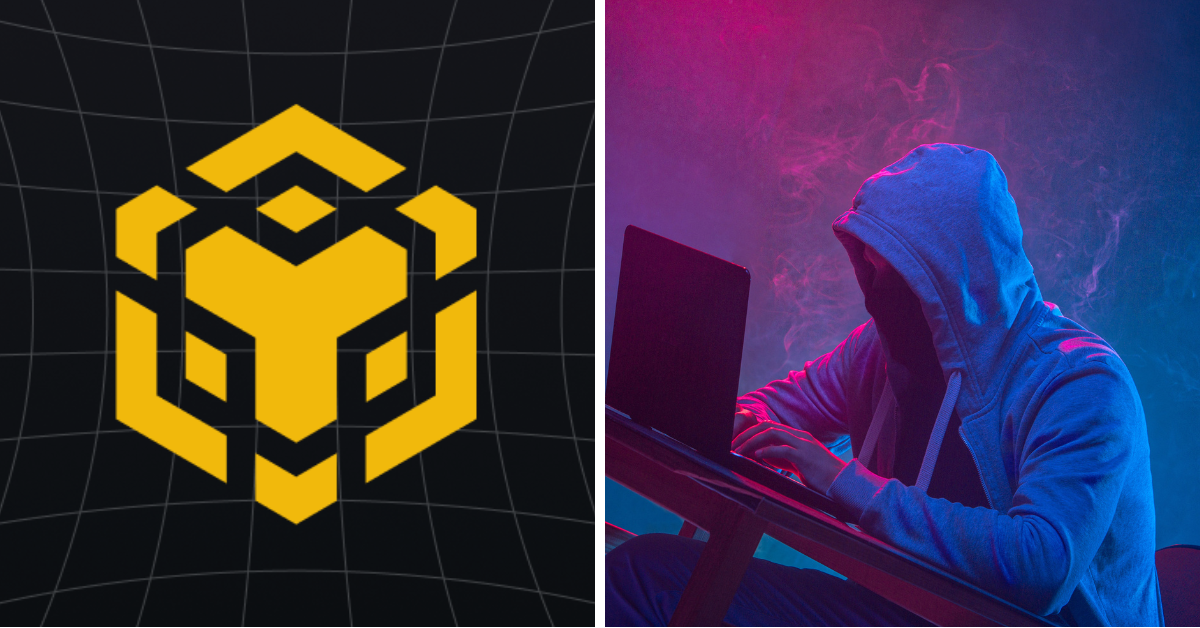Digital currency payment tax exemption How far are we from the blockchain payment?
On July 5, the Singapore Revenue Agency (IRAS) published a draft on how to impose a Goods and Services Tax (GST) on payment-type cryptocurrency (DPT) transactions, which stipulates which cryptocurrency is in which mode. You can be exempt from paying Goods and Services Tax (GST).
These include: 1. Payment of goods or services using digital payment tokens will not trigger a taxable supply of tokens; 2. Coin or other digital payment token exchange digital payment tokens will be exempt from GST.
According to the draft, according to Singapore's current tax laws, when using goods and services to purchase goods and services, there will be repeated taxation, because the Singapore Revenue Agency has decided not to continue to pay for the payment class since January 1, 2020. The cryptocurrency is subject to a Goods and Services Tax (GST), and consumers are still required to pay taxes before the draft is officially implemented.
Caijing.com Chain of Finance understands that during the period from July 5 to July 26, 2019, the Ministry of Finance (MOF) of Singapore will openly discuss the legislative amendments to digital payment tokens. During this period, the public can give feedback to the Singapore Taxation Office if they have any suggestions for the draft.
- Where did the “money” of TEDA’s additional is going? 100 million USDT additional issuance
- Viewpoint: The financial privacy of most Bitcoin users is “streaking” and blockchain needs anonymity
- QKL123 Quotes | The main upside is suppressed, and the short-term downside risk is increased (0708)
The Singapore Revenue Authority believes that the publication of this draft is instructive for all persons who trade in payment-type cryptocurrencies, including those who buy and sell payment-type digital currencies, those who use payment-type digital currencies for payment, and payment payments. Persons of digital currency and those who charge fees or commissions to provide services for payment of digital currency transactions.
In addition, the Singapore Revenue Agency has defined the “payment-type digital currency” in detail, which shows that the payment-type cryptocurrency needs to meet the following conditions:
1. expressed in units;
2. Can be exchanged;
3. Not anchored with any other legal currency;
4. Generally accepted by the public, and its payment function is not subject to any substantive restrictions;
The Singapore Revenue Agency has cited several cryptocurrency currencies that meet the above requirements: Bitcoin, Ethereum, Ripple, Dash, Monroe and Zcash.
According to AMB Crypto analysis of overseas blockchain media, under the guidance of the new draft, cryptocurrency users can use their digital currency like cash because cryptocurrency no longer requires a GST. Undoubtedly, the introduction of the draft in Singapore is conducive to the further popularization of blockchain payments.
In 2013, Germany became the first country in the world to begin accepting bitcoin payments. Subsequently, the United Kingdom and the United States followed the footsteps of Germany and gradually began accepting bitcoin payments, while Japan issued a payment in April 2017. The Service Act, through which the law officially recognizes Bitcoin is a legal payment method and cancels the 8% bitcoin consumption tax.
Compared with legal currency payments, cryptocurrency payments have the advantage of fast speed and low rate. In the 6 years of development, mainstream currencies such as Bitcoin, Ethereum and Litecoin are being more and more countries or Accepted by commercial organizations. According to a data released by Bitmap at the end of 2018, there are about 14,000 merchants currently accepting bitcoin payments.
Previously, a blockchain rating agency estimated that by 2020, cryptocurrency will pay 60 million offline payments, with a transaction amount of $5 billion and 5 million merchants.
Source: Finance and Economics Network on Finance
We will continue to update Blocking; if you have any questions or suggestions, please contact us!
Was this article helpful?
93 out of 132 found this helpful
Related articles
- Director of the Central Bank Research Bureau: The central bank's digital currency helps to improve the effectiveness of monetary policy
- Christina Lagarde is nominated by the ECB President. Can her support for cryptocurrencies help?
- Remember the darknet "Silk Road" five years ago? The dark market is never absent
- ECB raises regulatory warning on Facebook's encryption project Libra
- Dry goods | Deterministic gadgets: used in Taifang 2.0 for 1.0 additional certainty
- A16z crypto partner: the charm and challenge of blockchain
- Babbitt Column | How to create a new stable currency that competes with Libra






